Bush and Obama failed to comprehend the nature and depth of sectarianism in Iraq.
The Iraq crisis has catapulted American right- and left-wing critics into a high dudgeon over which president may be responsible for that nation’s tragic state. In fact, both George W. Bush and Barack Obama may have been at fault in the actions taken, or not, in Iraq’s increasingly heated sectarian conflict.
They both erred in failing to read the historical nature and profound depth of Iraq, and the region’s sectarianism and the ease with which idealists, ideologues or extremists can whip up sectarian fervor to advance a cause. Neither president can be accused of causing the problem. However, both bear responsibility for Iraq’s current state of affairs and the devastating impact on the region.
In the case of Bush, he and his administration were caught off guard, despite warnings by State Department and CIA officials, when the US intervention triggered a cataclysmic eruption of sectarianism, which Saddam Hussein had ruthlessly managed to control and manipulate. Middle East leaders, including King Abdullah of Saudi Arabia and King Abdullah of Jordan, also warned Bush that the Americans should expect violence between feuding factions.
The Iraq War
They were right. Beginning in 2005 and running up to 2009, rival Shia and Sunni factions, as well as Arabs and Kurds, jockeyed for power and control. Through 2011, the Iraq War resulted in the deaths of some 157,000 Iraqis, according to the Iraq Body Count project. Brown University’s Cost of War Project calculated upward of 187,000 deaths directly attributable to war violence. Other estimates range from 80,000 to over 400,000.
However, a recent study by Canadian, American and Iraqi researchers, published in PLOS Medicine in October 2013, suggests that militias were more responsible for violent deaths after 2006 rather than US-led coalition forces. According to figures by Iraq Body Count, coalition forces were directly responsible for approximately 14% of the near 95,000 deaths through 2006, with over half of those coming in the first year of the conflict. Only after the implementation of Bush’s “surge” and concomitant launch of the “sahwah,” or Awakening Movement, among Iraq’s Sunni tribes, were American and Iraqi forces finally able to contain the sectarian warfare.
The US invasion ignited existing sectarian tensions, which Washington grossly underestimated in March 2003. The US role was much more a catalyst than cause of Iraq’s sectarian conflict. The British occupation of Iraq in the 1920s, expertly recounted in Christopher Catherwood’s Winston’s Folly: Imperialism and the Creation of Modern Iraq, produced a similar result. In that occupation, Britain inserted itself into the country’s sectarian conflict and, using the Hashemites, ultimately placed Sunnis atop Iraq’s leadership structure. Some 80 years later, the Americans would replace Iraq’s largely Sunni leadership with Shia.
But then, with the dissolution of the Iraqi army, the Bush administration launched a different sort of campaign, compounding the challenge of pacifying the country. It was de-Baathification and it doubtlessly drove many former soldiers, military officers and government officials into the ranks of the Sunni opposition, including a number of extremist groups such as the Naqshabandi Army. The resulting perception of Iraqi Sunnis was that this was an effort to disenfranchise and marginalize them from governance. It gave Shia Iraqis the boon they needed to carry out de-Baathification — a revenge-motivated purge, in effect — to the extremes like they ultimately did. It is a major reason why Iraqi Sunnis distrusted the US, before the sahwah campaign, and the Maliki government.
America’s involvement in Iraq, like Britain’s in the early 20th century, was less an invasion and occupation — which it unquestionably was — than another ill-considered venture of a Western power into the region’s long-running sectarian conflict. Predictably, neither the British, nor the Americans settled the Sunni-Shia or Arab-Kurdish feuds.
Bush and Obama: Errors of Commission and Omission
If Bush’s blunder was one of commission, Obama’s was of omission. By 2012, informed commentators of the Middle East, and no doubt American intelligence reports, warned that the Syrian Civil War, if left to the sole and uncontrollable devices of combatants and others (read Iran), would escalate into a full-blown sectarian conflict extending beyond Syria’s borders. In 2013, this author wrote that failure to contain the Syrian crisis risked a region-wide sectarian war, especially in vulnerable Iraq.
Yet Obama failed to respond to that risk and, perhaps reacting to America’s exhaustion with wars in the Middle East, provided only humanitarian aid and small arms transfers to the moderate Syrian opposition. By late 2013, in the absence of necessary support to and, therefore, resistance from the moderate opposition, the Islamic State of Iraq and the Levant (ISIS) had established strongholds in Raqqa, Syria, and elsewhere along the Euphrates east of Aleppo and had penetrated Iraq’s Anbar province, seizing Fallujah and Ramadi. Today, ISIS and other Sunni extremist groups control nearly all of Anbar and Ninewah provinces, and threaten major population centers in Salah al-Din and Diyala provinces.
The lesson from Bush and Obama’s historic errors is not that America should or should not intervene in the Middle East … Rather, it is that the US must first take careful stock of the region’s centuries-old Sunni-Shia tensions.
Calls to arms by Iraqi Prime Minister Nouri al-Maliki, Grand Ayatollah Ali al-Sistani and Moqtada al-Sadr have sparked a revival and reemergence of a number of Shia militias, including the Mehdi Army. The overwhelming response to these calls has been Shia, playing perfectly into the stratagem of ISIS and other Sunni groups of igniting a sectarian war, and setting the stage for de facto partitioning of Iraq along Sunni, Shia and Kurdish lines. For ISIS and other al-Qaeda-like Sunni extremists, their “caliphate,” as they now have formally declared, would extend from Aleppo in Syria to Mosul in Iraq.
The folly and ignorance of two American presidents — one blithely intervening in the Middle East and reigniting dormant sectarian violence, and the other failing to understand the infectious nature of the sectarianism contagion and abjuring meaningful action to contain it — may have set in motion the upending of the 98-year-old Sykes-Picot Agreement. The British-French accord redrew the borders of the modern Middle East, creating the states of Iraq, Syria, Lebanon, Jordan and Palestine as the Ottoman Empire imploded.
The lesson from Bush and Obama’s historic errors is not that America should or should not intervene in the Middle East. The US, like many other nations, has significant interests in the region and is an ally of most Middle Eastern countries and, therefore, has an important role to play. Rather, it is that the US must first take careful stock of the region’s centuries-old Sunni-Shia tensions, and the propensity for some Middle Eastern leaders, extremists and would-be caliphs to tap into and manipulate those tensions for patently political self-interest. This should, of course, be well familiar to Western observers — Adolf Hitler’s virulent use of anti-Semitism in his rise to power and World War II.
Moreover, while military intervention may sometimes be necessary, perhaps the more proper application of America’s political and economic might in the Middle East may be in persuading the region’s key powers to confront the problem in their own midst at the regional, national and local levels. As the Iraq War so painfully demonstrated, sectarianism in the Middle East is not a problem the US or any outside country or organization can resolve. It is for the governments and the peoples of the region to find solutions. Perhaps with strong US leadership and support from the European Union, United Nations, the Organization of the Islamic Conference, the Arab League and religious organizations, Muslim nations can finally come to grips with this problem and jointly seek solutions.
The views expressed in this article are the author’s own and do not necessarily reflect Fair Observer’s editorial policy.
Support Fair Observer
We rely on your support for our independence, diversity and quality.
For more than 10 years, Fair Observer has been free, fair and independent. No billionaire owns us, no advertisers control us. We are a reader-supported nonprofit. Unlike many other publications, we keep our content free for readers regardless of where they live or whether they can afford to pay. We have no paywalls and no ads.
In the post-truth era of fake news, echo chambers and filter bubbles, we publish a plurality of perspectives from around the world. Anyone can publish with us, but everyone goes through a rigorous editorial process. So, you get fact-checked, well-reasoned content instead of noise.
We publish 2,500+ voices from 90+ countries. We also conduct education and training programs
on subjects ranging from digital media and journalism to writing and critical thinking. This
doesn’t come cheap. Servers, editors, trainers and web developers cost
money.
Please consider supporting us on a regular basis as a recurring donor or a
sustaining member.
Will you support FO’s journalism?
We rely on your support for our independence, diversity and quality.



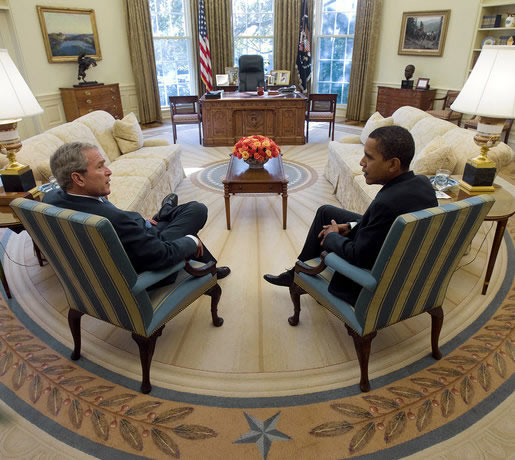


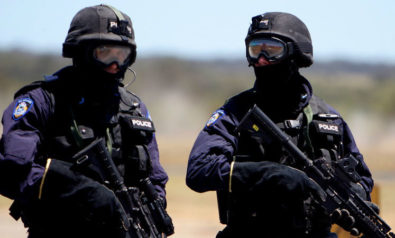



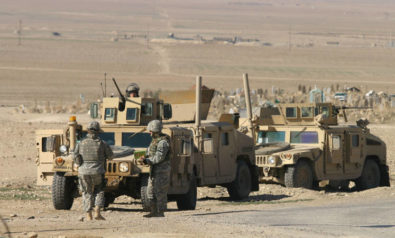
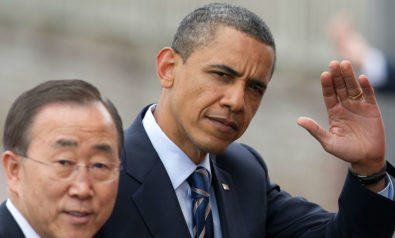







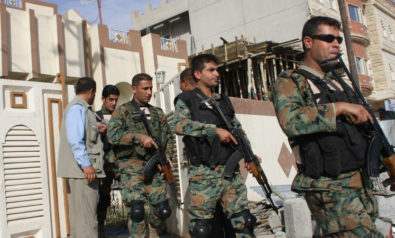



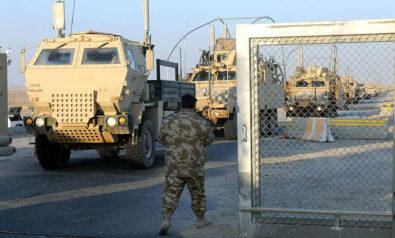




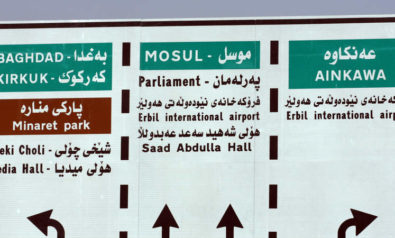
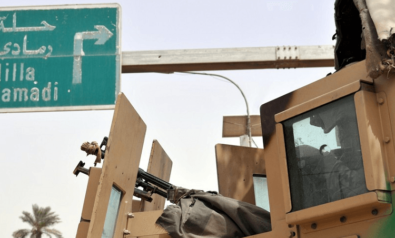


Comment